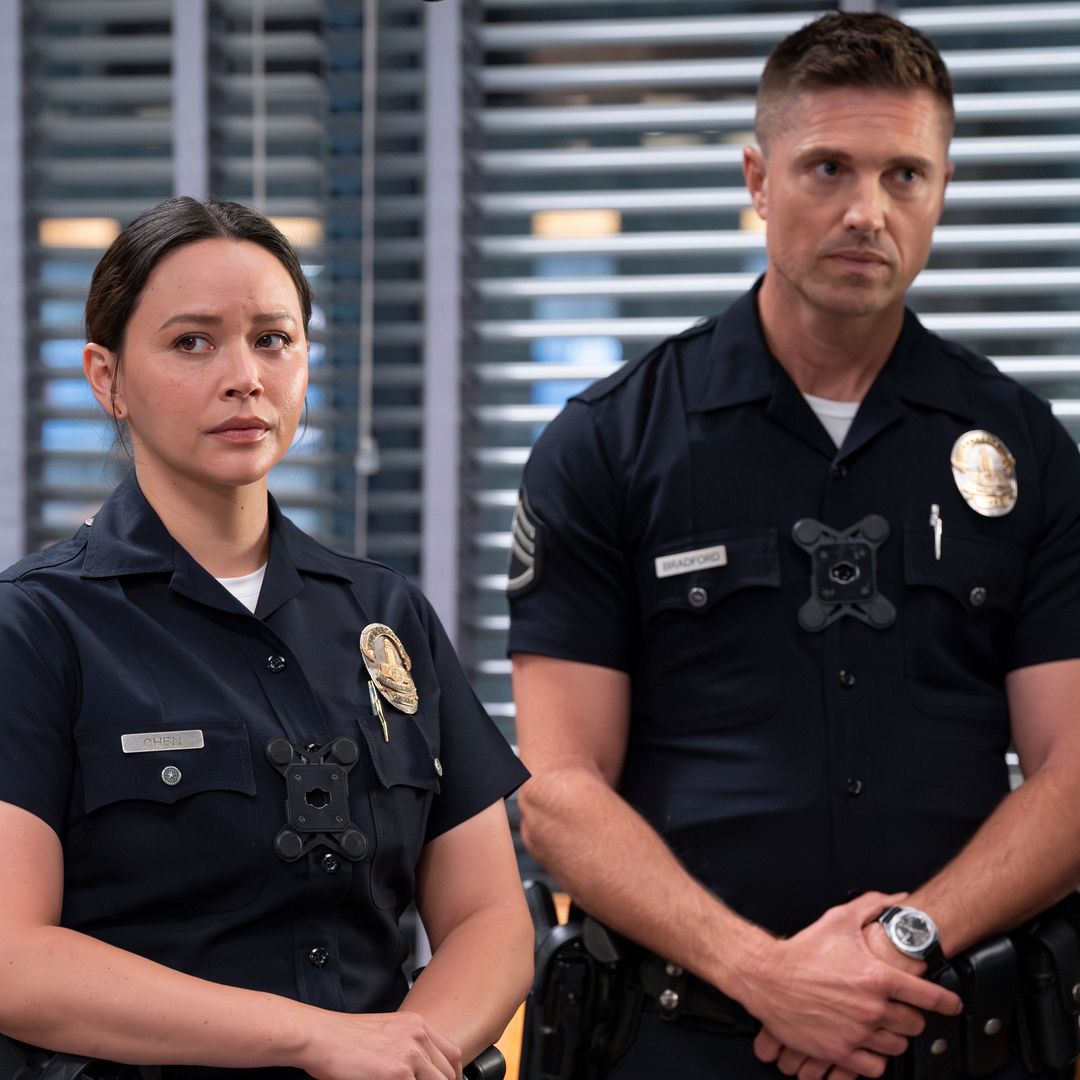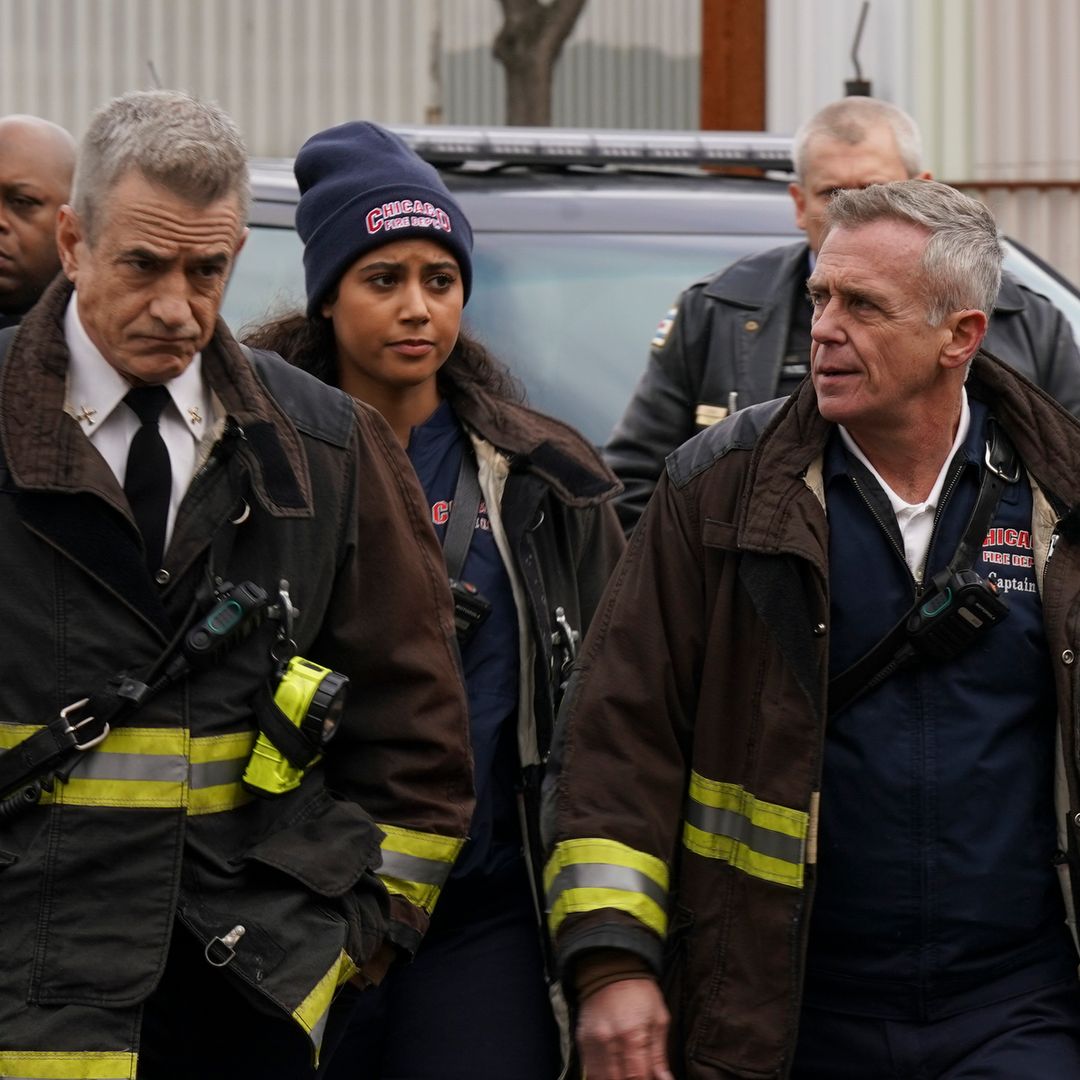As the Alliance of Motion Picture and Television Producers (AMPTP) continues to refuse to negotiate in good faith with the Writer's Guild of America and the Screen Actors Guild, it's clear that the window for your favorite TV shows, including NCIS, 9-1-1, and Chicago PD, returning for the 2023/2024 TV season gets slimmer each day.
The traditional network business model sees dramas return every September, but due to the strikes many assumed that we would instead be looking at Spring 2024 premiere dates and a shortened 13-order season for TV's most popular series.
However, with the strikes now heading into the fifth month for the WGA, and third for SAG, it's becoming clear that there may not even be scope for a shorter season, and that many networks will push the release of new seasons back to September 2024.
Most writers rooms for network shows will have resumed in late May, after Memorial Day weekend. By early September, writing rooms will have therefore been back in session for shows such as Chicago Fire and Law & Order for a few months, and these series will already be shooting their fifth or sixth episode of the new season.
This year, Labor Day 2023 will come and go with no sensible deal on the table from the AMPTP; longtime Law & Order: SVU showrunner Warren Leight emphasized this point in a tweet sent on August 8 when he wrote: "If the strike were somehow to end by Labor Day, and shooting were to begin in early fall, the networks might be able to salvage a 13 episode season. The clock keeps ticking."
Why is the 13-episode order looking less likely?
There is nothing stopping a network from running a series through the summer months, but — traditionally — the regular broadcast season runs predominantly from late September to May, and during the summer months networks will air reruns or series whose ratings are expected to be lower.
This is because people are often out of their houses more during these months, or on vacation, and children are at sleepaway camps. Reality TV often also runs during this time.
It takes writers several weeks at minimum to begin pre-production on a series; fleshing out the arc of the season for each character, determining the end point for each individual story, and then working on how the show will take viewers on that journey. Then they need to write the scripts, receive feedback, collaborate with the rest of the team to begin building the next episode, and then hand it over to the actors.
Generally speaking, most shows like to have a minimum of four episodes completed before filming begins, which often kicks off after July 4. That then gives production companies around 10 weeks before premiere episodes air in the middle of September.
9-1-1 costs upwards of $10 million per episode
For some shows, such as comedies, production can be quicker as it often requires less technical elements, which means in theory a show such as Abbott Elementary could still produce a 13-episode order to premiere in Spring 2023.
But for a show such as 9-1-1, which can cost upwards of $10 million per episode thanks in large part to its A-list cast and the over-the-top emergencies it depicts, it wouldn't be able to turn it around that quickly; consider how the cast and crew were shooting episode 11 of season six in November 2022, which aired on March 13 2023. That was a five month turnaround for filming, but the scripts would have been written weeks prior.
For a shortened seventh season (episode 11 would be considered episode two), the writers would need to get back in the room in the next several weeks for the cast to be filming by the end of this year.
SAG and WGA are demanding better conditions
As Natacha Karam, from 9-1-1; Lone Star recently told fans in an Instagram Story: "Once the writers settle a deal, they need time to write the scripts for Lone Star. It could be eight, ten, 11 weeks, who knows how many weeks. before we actually get back to set – and that's presuming that once [the WGA] settle a deal, the actors soon settle a deal after."
Because it's not just the WGA on strike; SAG are also demanding better working conditions including safety clauses from Artificial Intelligence.
This has been an unprecedented negotiation period with AMPTP; this strike has now lasted longer than the 2007 WGA strike. But until the AMPTP agrees to sensible counteroffers to the WGA and SAG requests, keep supporting the casts and crew – and donate where you can to the Entertainment Community Fund.
Get the lowdown on the biggest, hottest celebrity news, features and profiles coming out of the U.S. Sign up to our HELLO! Hollywood newsletterand get them delivered straight to your inbox.












